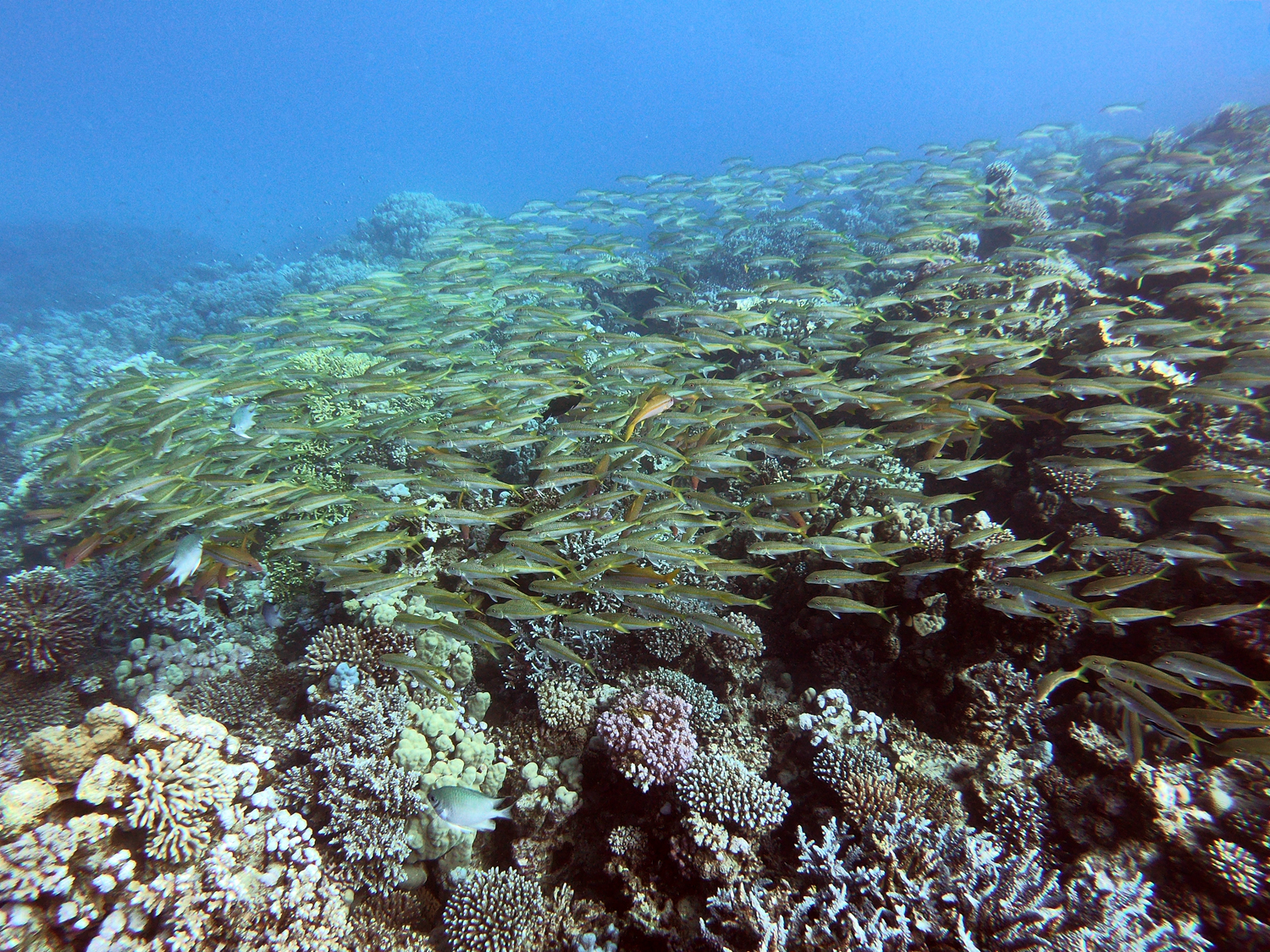In the last couple of months, humanity has had to face an unprecedented health crisis. Governments that were quick to adopt and implement policies and measures based on scientific advice, succeeded in mitigating the impact of COVID-19. However, there were cases where public health came second to economic growth. At the same time, humanity is facing a massive environmental crisis that scientists and most governments agree needs to be dealt with urgently.
Yet, economic growth and safeguarding the current problematic model of production and consumption, is still more important for some decision centres. As a result, climate change and biodiversity loss threaten our survival, which depends on stable and healthy ecosystems, as scientists have repeatedly warned us about.
Nature can give us the solutions we need to move forward. Wildlife is crucial and habitats need to be restored and conserved because they act as a buffer against diseases that have no place among humans and help prevent pandemic outbreaks.[1]
UN Secretary-General António Guterres:
“The quality of the water we drink, the food we eat and the air we breathe all depend on keeping the natural world in good health. By halting environmentally harmful practices, diversifying our food systems and promoting more sustainable production and consumption patterns, we can improve global health, increase food security and strengthen resilience to climate change.”[2]
2020 is a “super year” for biodiversity and the environment. A series of key international meetings will set the agenda for the decade ahead underlining the urgent actions needed to achieve a sustainable future. We can not afford to lose another decade.
Just a year ago (May 2019), at the launch of the Global Assessment Report on Biodiversity and Ecosystem Services – the first global biodiversity assessment since 2005 – UNESCO Director-General Audrey Azoulay said that its findings put the world “on notice”. After all, the report finds that around 1 million species “already face extinction, many within decades, unless action is taken to reduce the intensity of drivers of biodiversity loss.”
“Following the adoption of this historic report, no one will be able to claim that they did not know.” she said, adding that “We can no longer continue to destroy the diversity of life. This is our responsibility towards future generations.” Ms. Azoulay concluded that protecting biodiversity “is as vital as fighting climate change.”
On May 20th, the European Commission committed to protecting 30% of the EU’s land and oceans by 2030 with the aim to protect marine life, preserve ecosystems and mitigate the impacts of climate change. Plastic pollution found in the seas and oceans has increased tenfold since 1980, affecting at least 267 species, including 86 percent of marine turtles, 44 per cent of seabirds and 43 per cent of marine mammals.
Lost and abandoned fishing gear, which is fatal to marine life, is the biggest plastic polluter in the oceans. More than 640,000 tonnes of fishing gear is lost or/and discarded in the sea every year; making up 10% of the plastic waste in the oceans. The removal of derelict fishing gear and addressing plastic pollution are among the possible actions and pathways to achieve transformative change proposed by experts in order to promote the conservation and restoration of marine ecosystems.
Since 2013, Healthy Seas has been contributing towards this direction. By collecting 510 tons of waste nets, we have prevented thousands of sea animals and birds from becoming trapped, and ensured the nets become a valuable resource instead of ending up in a landfill or in the natural environment. During our diving missions, we have encountered many remarkable marine animals. These encounters are glorious moments that strengthen our appreciation of the diversity of life in the oceans. With the slowdown of our economies, and the empty landscapes due to lockdowns, wildlife seems to be thriving undisturbed by human activities.
Have you experienced any unique (marine) animal sightings in your area of the world that were caused by the slowdown of human activity during the last months?
Help us highlight the climate and biodiversity emergencies, and celebrate three important dates:
22 May – International Day for Biological Diversity,
5 June – World Environment Day and
8 June – World Oceans Day
By sharing your video with us you can help support the “Healthy Seas. Healthy Future” campaign.
[1]https://ec.europa.eu/commission/presscorner/detail/en/qanda_20_886



